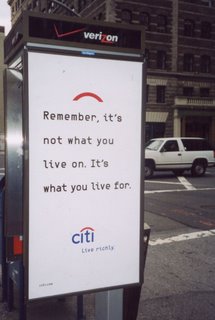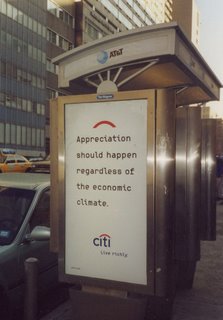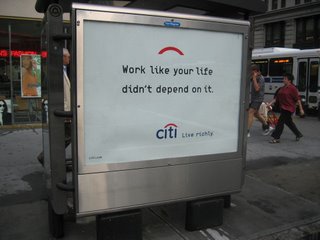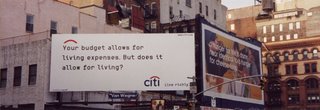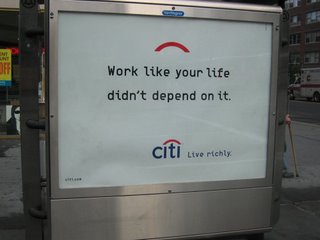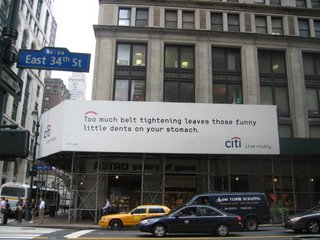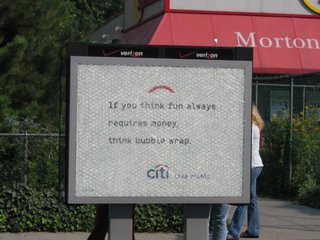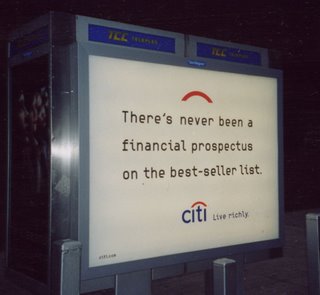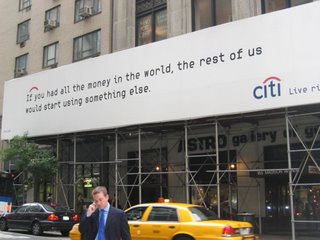Mumbai, India and the "War on Terrorism"

Speaking about the crisis in Mumbai/Bombay, Deepak Chopra had something quite sound to say last evening on Larry King Live:
I wonder if I'm going soft on self-help. Lately I'm finding myself agreeing with Oprah about her choice for president and impressed with Chopra's analysis of the war on terrorism. Is this what happens when there's a seismic shift and the those who have been at the margins become the center?Chopra: I think Mr. Obama has a real opportunity here, but a challenging opportunity, a creative opportunity. Get rid of the phrase "war on terrorism." Ask for a creative solution in which we all participate.
King: Is it because the war on terrorism really can never be won because the terrorists (inaudible)?
Chopra: Because it's an oxymoron. It's an oxymoron, Larry, a war on war, a war on terrorism.
You know, terrorists call mechanized death from 35,000 feet above sea level with a press of a button also terror. We don't call it that, because our soldiers are wearing uniforms. They don't see what is happening, and innocent people are being killed. So, you know, terror is a term that you apply to the other.
Could self-help culture be changing now that we have a president who embodies some of the better aspects of the American dream: self-invention in the interest of service to others? Has the economic crisis shown us that belaboring the self — working on ones self to get ahead is — is no longer a plausible path, since there is no clear route to getting ahead when it's all tumbling down?
